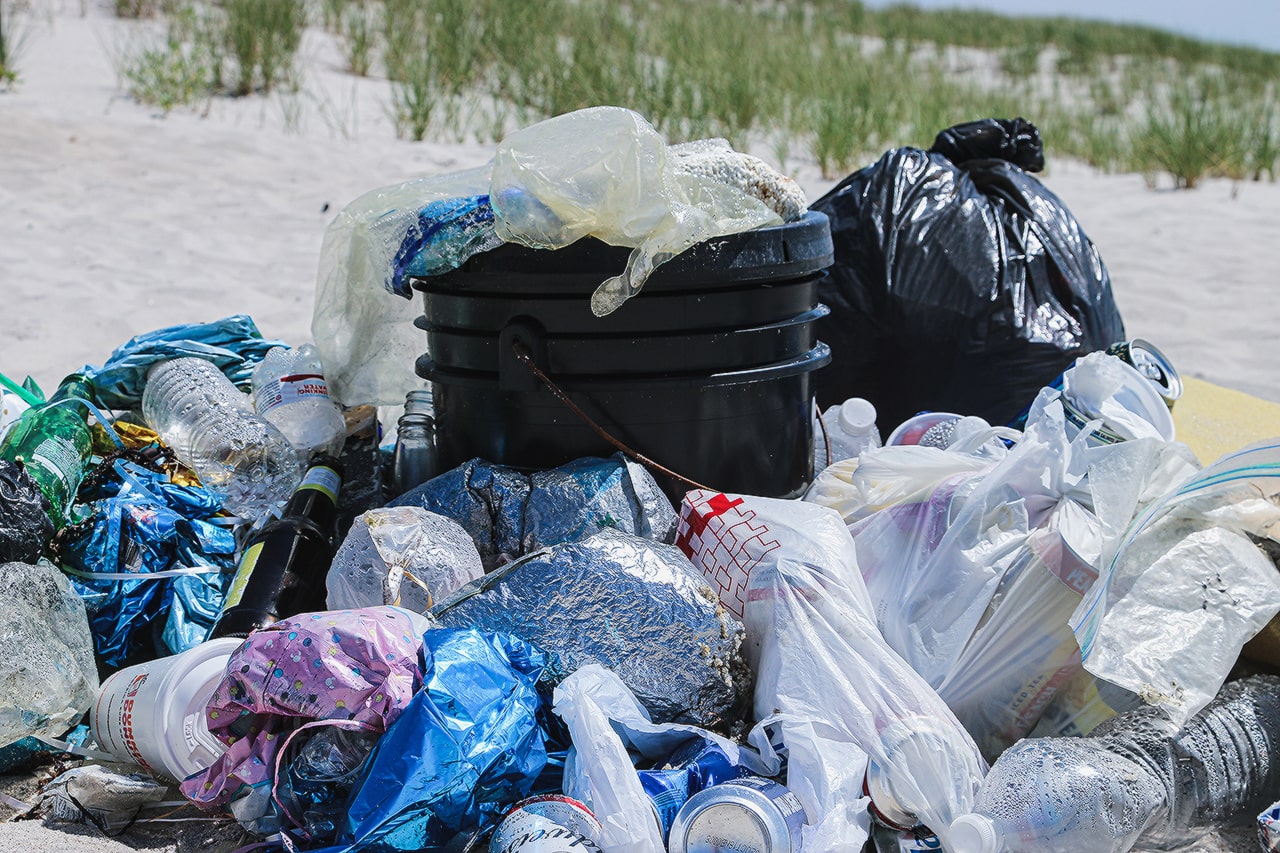
Another miracle that came from fossil fuels is that it helped us invented one of the most significant inventions of our time: plastics. Plastics are durable, lightweight, and cheap. No wonder it got popular almost immediately and used by millions. Ever since then, plastics have come to be such an integral part of our daily lives, hence it's almost impossible for us to be completely independent of plastics. Although plastics are rather emissions heavy in the production phase, their light weight enables greater transportation efficiency and a lower overall carbon footprint. Having said that, plastics also damage the environment.
Plastics are hard to recycle. Incarceration harms more, so often they're just thrown away. But this brought about more problems. There’s no denying that we have a plastic crisis on our hands. A 2017 study found that, of the 8.3bn tons of plastic produced since 1950, 6.3bn tons has been thrown away. And whether it ends up in landfill or in the sea, that plastic – thanks to the stability and durability that it is prized for – is not going anywhere fast. Plastics have even now been found in the deepest place on earth — the Mariana Trench — on the deepest dive ever made by a human inside a submarine, nearly 11 kilometers (about 7 miles) below sea level.
Early research shows plastics could have an impact on the oceanic carbon sink. There's increasing evidence of microplastic being consumed by plankton. The world's oceans provide the largest natural carbon sink for greenhouse gases, having absorbed 30-50 percent of atmospheric CO2 produced since the start of the industrial era. If microplastics were to disrupt the ability for underwater ecosystems to absorb carbon, it could seriously compromise efforts to stop global warming.
What Can We Do?
Some cities have established their anti-single-use plastics policy, in which sellers are
by law allowed to charge you
more for plastic bags, eating equipment, or any of that extra plastics. This way, we
have to bring our own bags or
eating equipment if we wish to not spend any more money. Another way is we can try using
reusable things: use water
bottles, pack your own meal, do less takeouts, use less straws, and many others. Some
plastics can be recycled too,
into many other useful forms. For example bags, vases, and even bricks! Check out this
article for more.